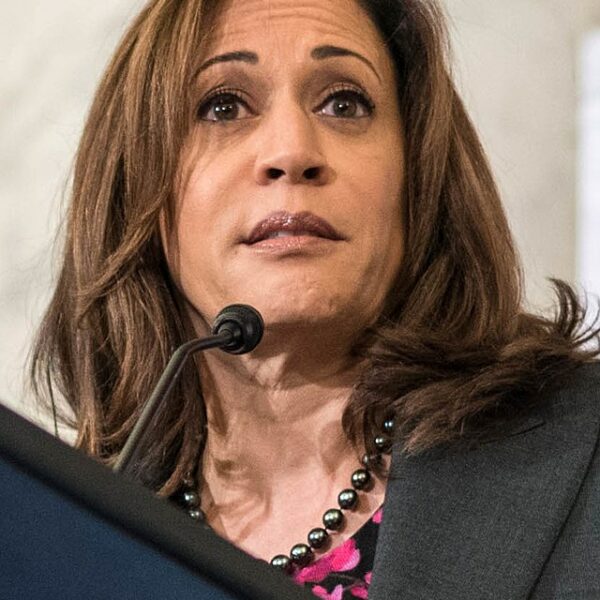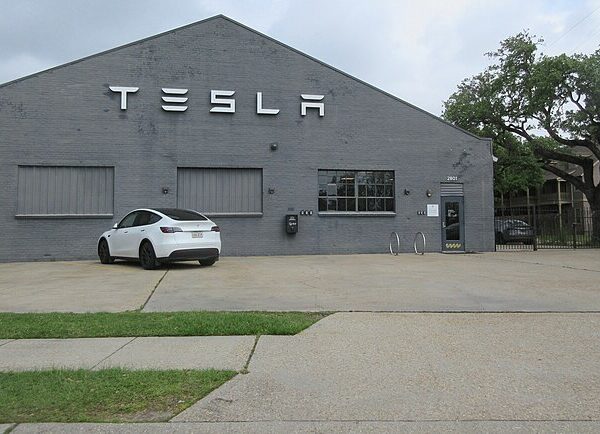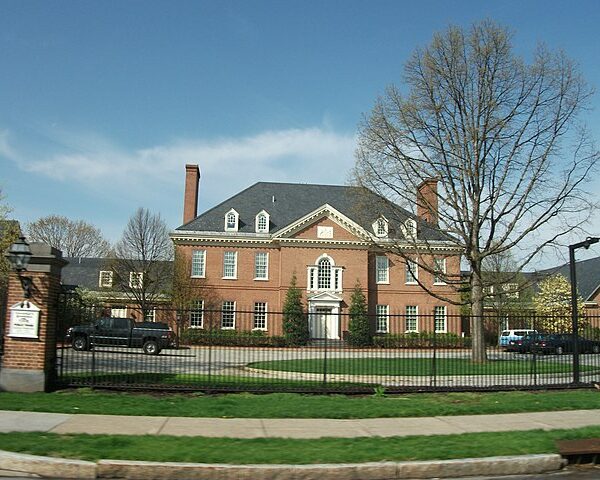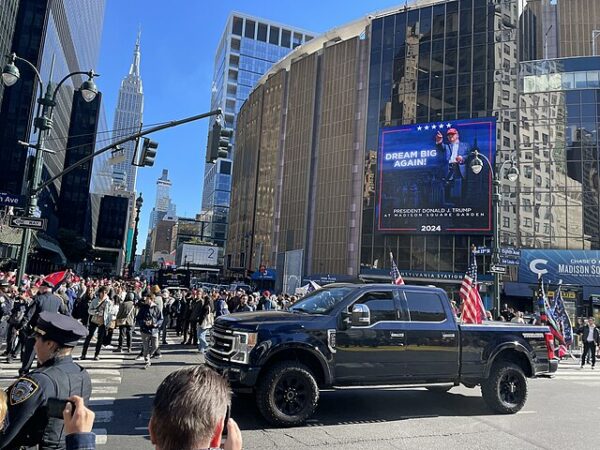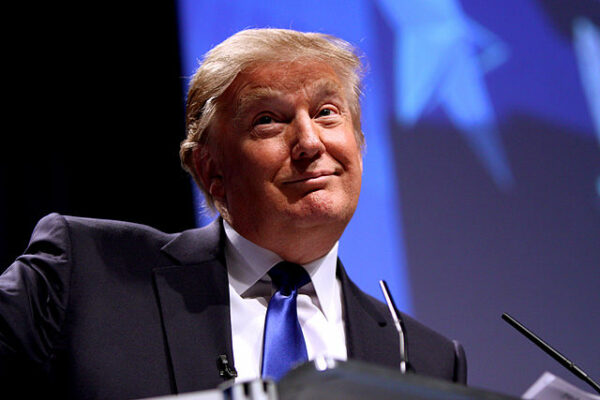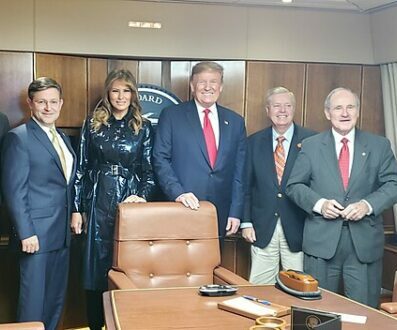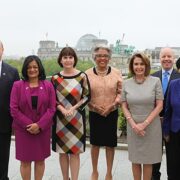
MSNBC legal analyst Danny Cevallos pushed back against claims that President Donald Trump’s executive orders amount to a “constitutional crisis,” arguing that such concerns, while valid, do not yet meet the definition of a true constitutional breakdown.
Speaking on “Morning Joe,” a favorite show of the president, Cevallos addressed a recent New York Times article in which several liberal legal scholars described Trump’s approach as “lawless” and indicative of a constitutional emergency. While acknowledging the administration’s unconventional governing style, he cautioned against using the term too loosely.
“I think we need to be careful with the term ‘constitutional crisis’ because, as I define it, that would be a situation where the Constitution doesn’t have an answer and there is a pressing conflict,” Cevallos said, according to Fox News. “The flurry of executive orders, the chaos, that I think doesn’t get us to crisis yet. It is irritating for the courts, it is challenging. It could lead to a serious problem if, as you said, they become too congested with dealing with these orders.”
Cevallos also noted that Trump issued flurries of executive orders in his first term and he was doing the same this time around.
“Issuing a bunch of executive orders, not only do we know that the courts can handle it, they already did this back in 2017. This is the same M.O. The Trump administration then would just fire out executive orders – it felt like they weren’t even spell checking them,” he said. “And then they would let the courts prune them like the proverbial bonsai tree, or they would just withdraw them and go back to the drawing board. It’s probably not the most efficient way of doing it. It’s chaotic. As you said, it’s problematic.”
“But ‘constitutional crisis’ for me is the moment the court issues an order and the administration resists. You could say that the last notable occurrence was when [former President Richard] Nixon initially refused to comply with a subpoena issued by the Supreme Court. Eventually he capitulated,” Cevallos added. “But history is full of these near-crisis examples. The question is, what do we do going forward?”
Cevallos pointed out that while the courts are dealing with a high volume of legal challenges to Trump’s policies, this is not unprecedented. The judiciary has historically played a critical role in reviewing, refining, or even overturning executive directives. He recalled Trump’s first term, when legal battles forced the administration to revise or withdraw multiple orders.
Trump’s latest executive actions—including efforts to freeze foreign aid, end birthright citizenship, and restructure federal agencies through the newly formed Department of Government Efficiency (DOGE), chaired by Elon Musk—have sparked intense opposition from Democrats and labor unions. Several federal judges have already issued injunctions blocking key initiatives, setting the stage for further legal battles, The Daily Caller explained.
According to Cevallos, a true constitutional crisis would arise only if the administration defied court rulings. “The real crisis happens when a president refuses to follow a court order, because at that point, there’s no clear historical precedent for what comes next,” he said.
Some of the rulings, however, have been clearly based in partisanship rather than the law. Judge John J. McConnell Jr., a longtime Democratic donor and controversial judicial appointee, has accused the Trump administration of openly defying his court order to release billions in federal grants for Medicaid, school lunches, and housing subsidies.
In a ruling reaffirming his January 29 mandate, McConnell denounced the White House’s refusal to comply, insisting that his order’s “plain text” left no room for delay. The administration, however, remains resistant, appealing to the First Circuit while asserting that judicial intervention over executive spending represents an overreach. White House spokesman Harrison Fields defended the administration’s position, dismissing the legal battle as an attempt to “undermine the will of the American people,” while Vice President J.D. Vance reinforced the argument that the judiciary should not dictate the executive’s authority.
McConnell’s ruling has reignited scrutiny over his partisan ties, given his history as a prolific Democratic fundraiser prior to his appointment by President Obama. His confirmation in 2011 was met with Republican opposition, with critics pointing to nearly $700,000 in donations to Democratic campaigns—including those of the Rhode Island senators who recommended him for the bench. Before joining the judiciary, McConnell built his career as a plaintiffs’ attorney in high-profile corporate lawsuits, leading to accusations that his legal victories ultimately benefited Democratic coffers. The legal standoff over his ruling underscores a broader conflict over executive authority and the proliferation of lower-court judges issuing sweeping national decisions.
[Read More: Liberal Donor-Turned-Judge Tries To Block Trump]

